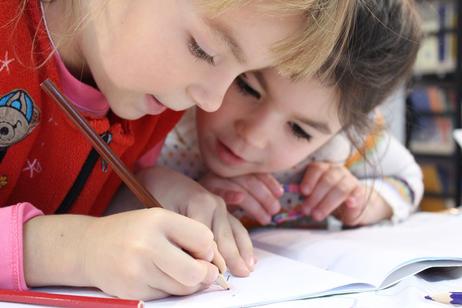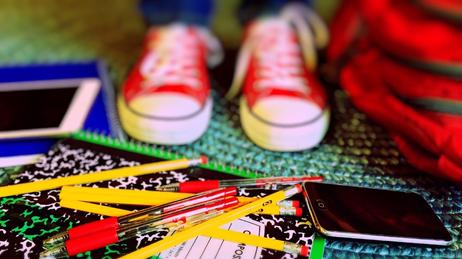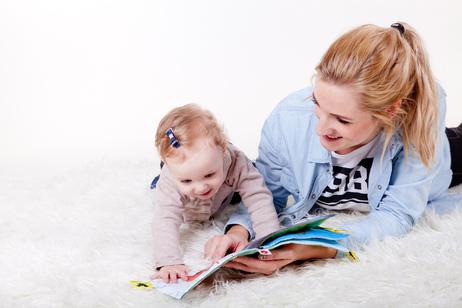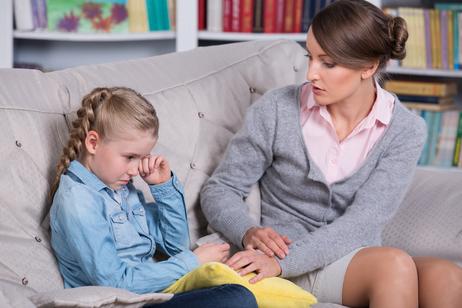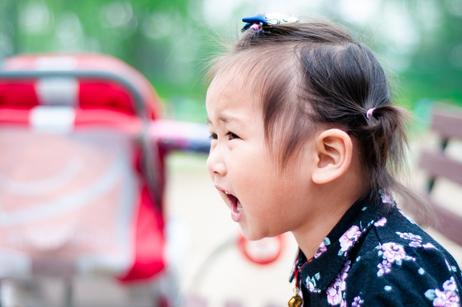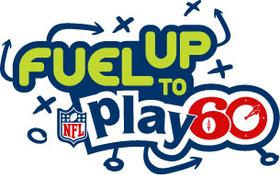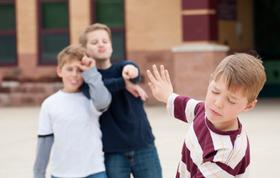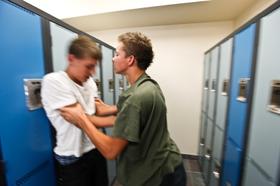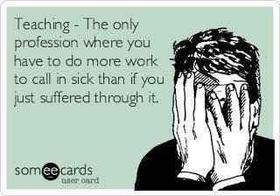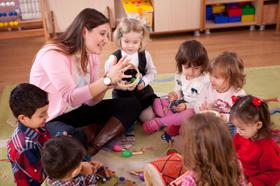In early March, the spread of COVID-19 became an issue lawmakers and educators could no longer ignore. The difficult decision was made in many states to close the doors of public and private schools, moving children to online learning from home. In the hopes that social distancing will slow the spread of the virus, families find themselves dealing with the challenges of working and schooling from home.
In this article, we’ll explore the challenges associated with online learning and the impact of widespread school closures. We’ll also talk about how to establish a homeschooling routine and provide some useful resources for online learning and educational ideas for children and families.
Challenges Associated with Online Learning
As schools all over the country closed their doors, a wave of panic spread through the community. Though many schools announced an initial 2-week closure, others offered no end date.
Not only have these closures resulted in an interruption of education, but they also have a negative impact on other aspects of a child’s life. The stability that comes from a daily school schedule is important, as is the time children spend learning from interactions with others. At school, students benefit from the supervision of qualified professionals and a structured schedule. For many students, school also means consistent access to meals.
Though remote learning is the best option in the current situation, it is not without its challenges. Here are some of the challenges associated with online learning:
- Not all students have

